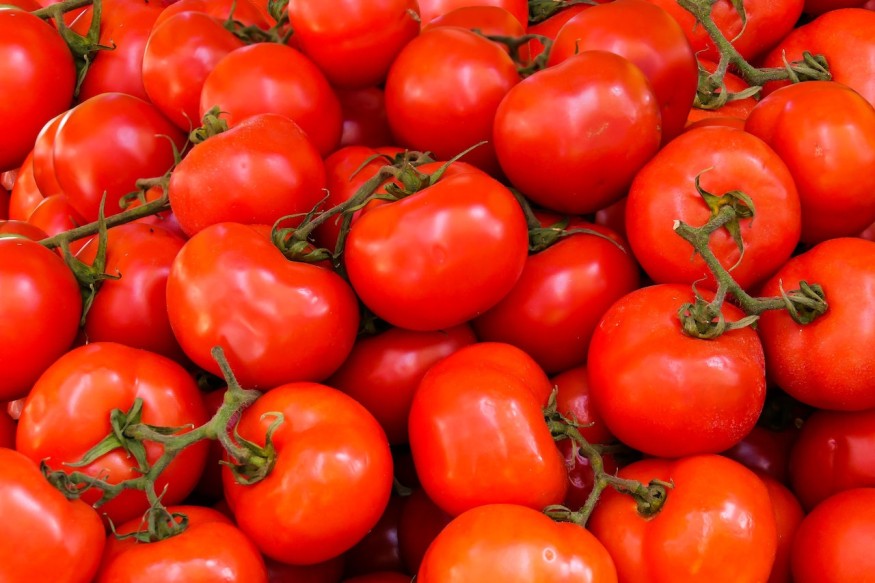
The glycoalkaloids within potatoes, tomatoes, and other plants from the Solanum genus could be key players in the development of future drugs to combat cancer. This was reported by SciTechDaily.
Cancer Prevalence and Treatment
Several individuals from all over the world get affected by cancer. Frontiers also reports that in 2020 there were around 19 million new cancer cases and roughly 10 million fatalities from all over the world.
Though treatments for this prevalent condition have been steadily improving, these therapies have also been seen to lead to damage within health cells. They also have serious side effects that hit patients hard.
Given these realities, scientists have been trying to search for and come up with novel and better targeted drugs for cancer. Frontiers reports that traditional medicine nominates several potential candidates.
Glycoalkaloids Within Tomatoes and Potatoes Have the Potential To Treat Cancer
The study was published in the Frontiers in Pharmacology journal.
Healthline reports that the researchers looked into glycoalkaloids, which are bioactive compounds, to examine their potential role in the treatment or prevention of cancer.
Bioactive compounds refer to chemicals that can be spotted among health-promoting vegetables and fruits. They are specifically found within nightshade plants, such as potatoes, tomatoes, and eggplant.
Scientist Magdalena Winkiel and colleagues focused on five different glycoalkaloids, namely solasonine, solanine, solamargine, chaconine, and tomatine. These can be spotted in extracts of nightshade plants.
SciTechDaily reports how this family contains several toxic plants, usually due to the alkaloids producing defenses against animals. However, with the correct dosage, poison can be used as medicine. That is, when scientists are able to find a safe alkaloid dosage.
Glycoalkaloids particularly block the growth of cancerous cells and boost the death of such cells. When it comes to boosting prognoses and managing cancer, both are key aims. This goes to show that glycoalkaloids have huge potential when it comes to cancer treatment.
In silico studies propose that these glycoalkaloids do not pose DNA damage risks and that they are not toxic. However, there are possible reproductive system impacts.
Winkiel suggests that, though anticancer drugs cannot entirely be replaced, conducting mixed therapies could boost treatment effectiveness. He further notes that there are many questions to answer and that without knowing more about glycoalkaloid properties, answers cannot be found.
Pursuit of Better Cancer Treatment
SciTechDaily reports that one important step is to use animal and in vitro models. This is necessary in order to know if glycoalkaloids are indeed safe to use in human clinical trials.
Winkiel and colleagues emphasize that potato-derived glycoalkaloids, such as chaconine and solanine, even if their levels depend on various factors.
Solanine inhibits chemicals that have potentially carcinogenic properties. Such chemicals are stopped from turning into carcinogens and from metastasizing. Leukemia studies also reveal that at certain dosages, solanine eliminates leukemia cells.
Chaconine, on the other hand, has anti-inflammatory characteristics. This gives it the potential for sepsis treatment.
Solamargine can also inhibit the further production of liver carcinogens. It is one potential crucial glycoalkaloid for cancer treatment because it aims at stem cells which are perceived to play vital roles in drug resistance.
Solasonine, which can be spotted across various nightshade plants, is also assumed to attack stem cells by aiming at the pathway.
Tomatine from tomatoes also supports cell cycle body regulation in order to eliminate carcinogens.
Further study is necessary in order to examine how this potential can be translated to practical clinical treatments.
RELATED ARTICLE : Nanocapsules for a More Effective Chemodynamic Therapy Developed for One-Step Cancer-Fighting Approach
Check out more news and information on Cancer in Science Times.
© 2026 ScienceTimes.com All rights reserved. Do not reproduce without permission. The window to the world of Science Times.










